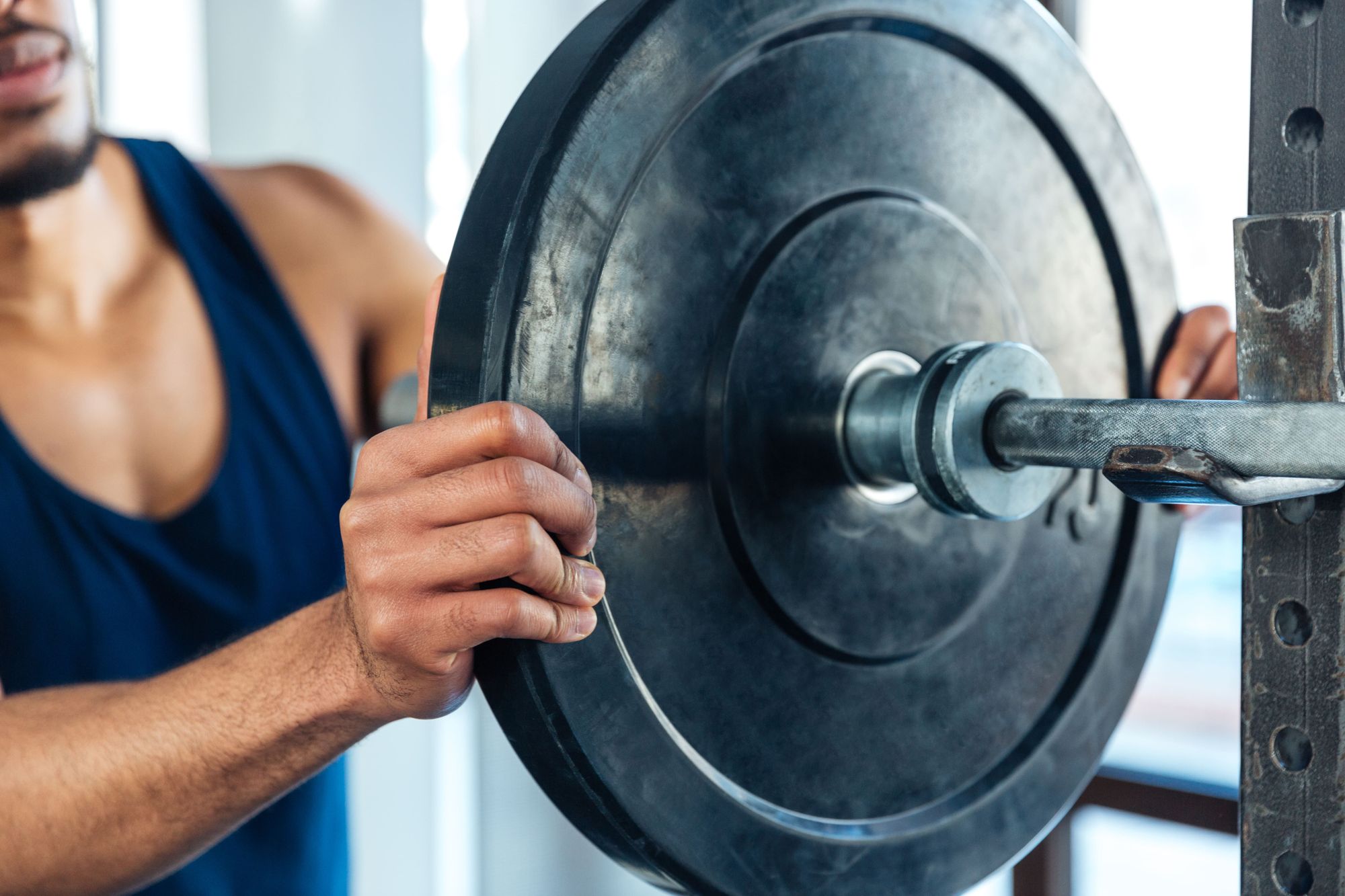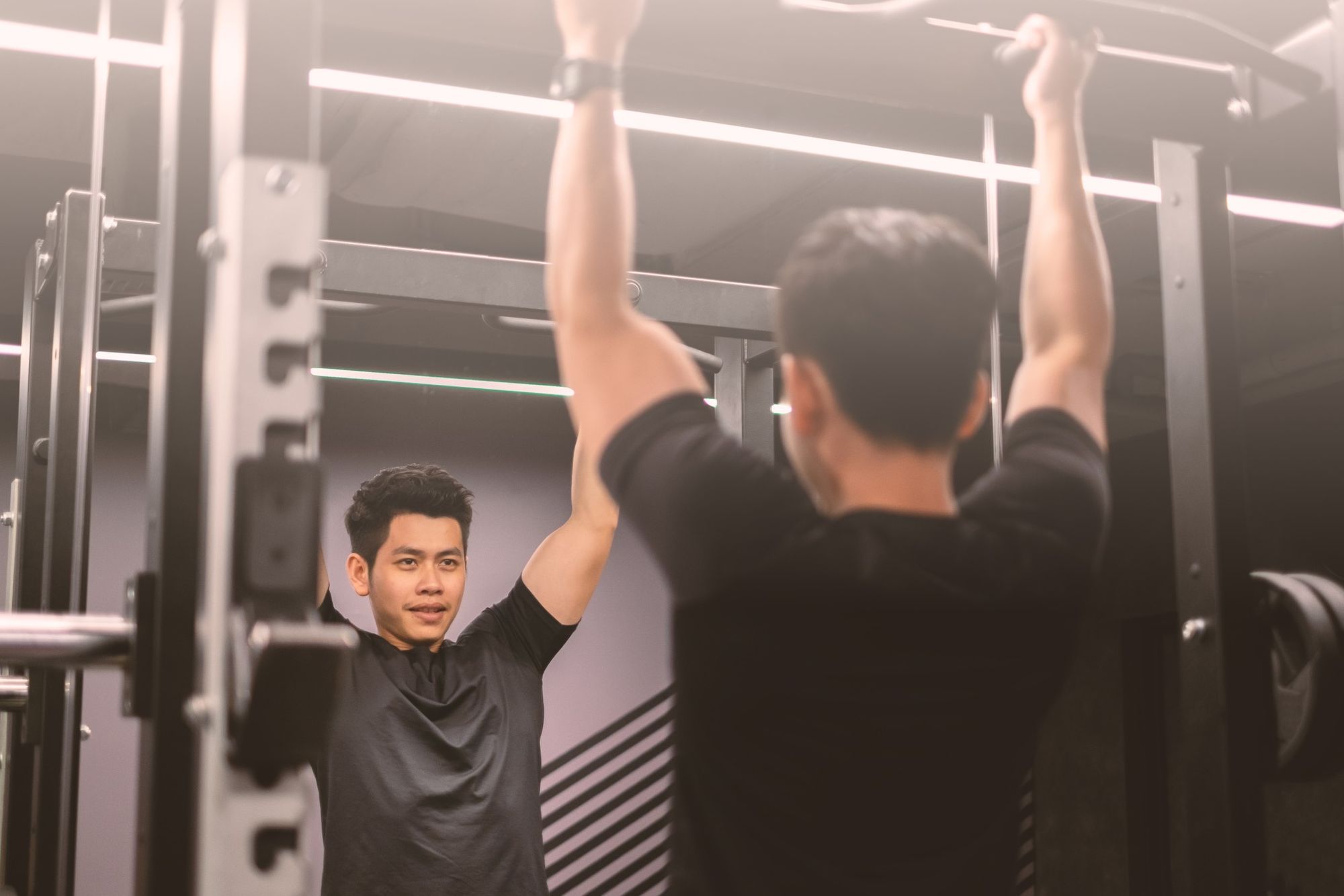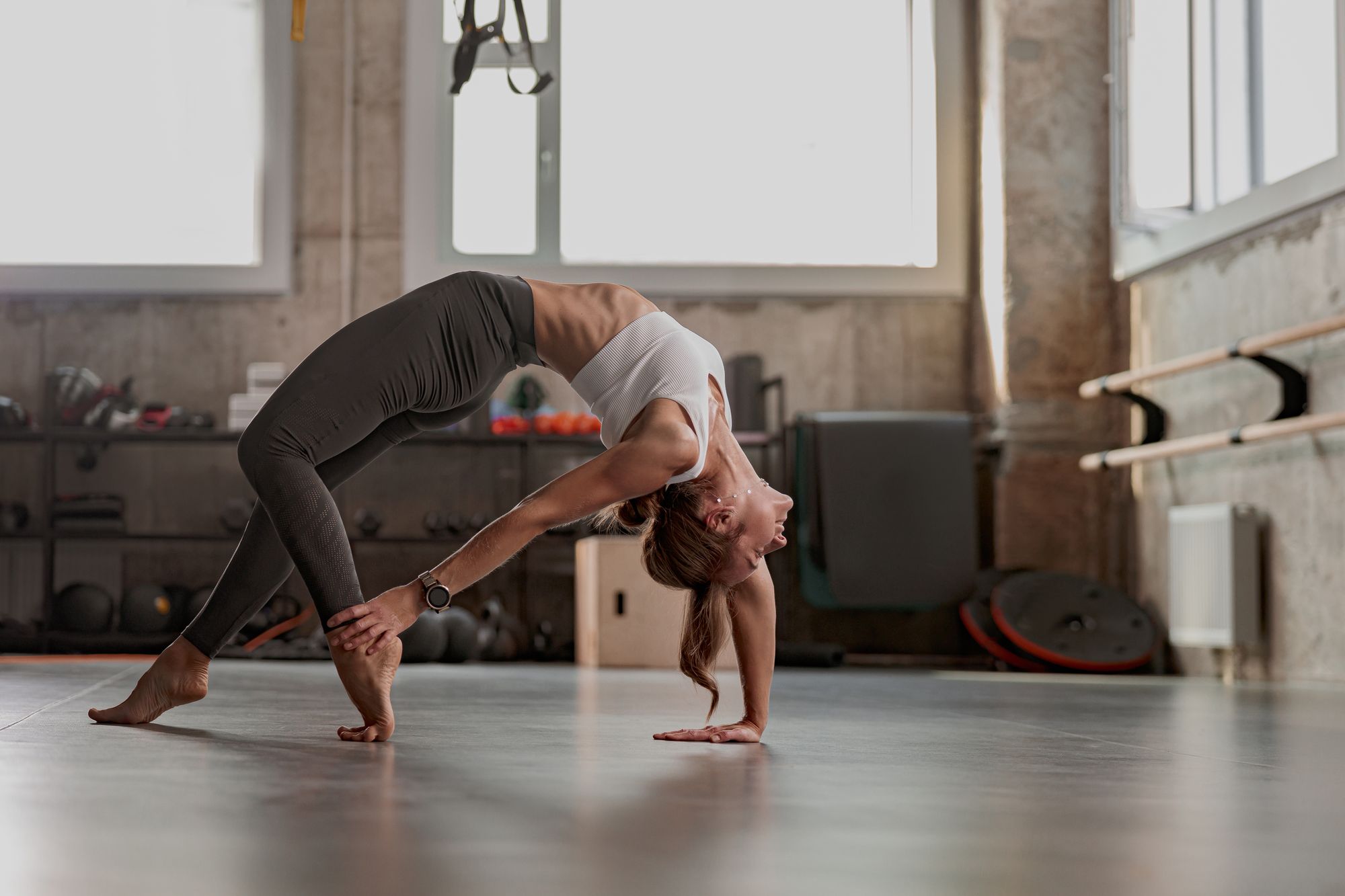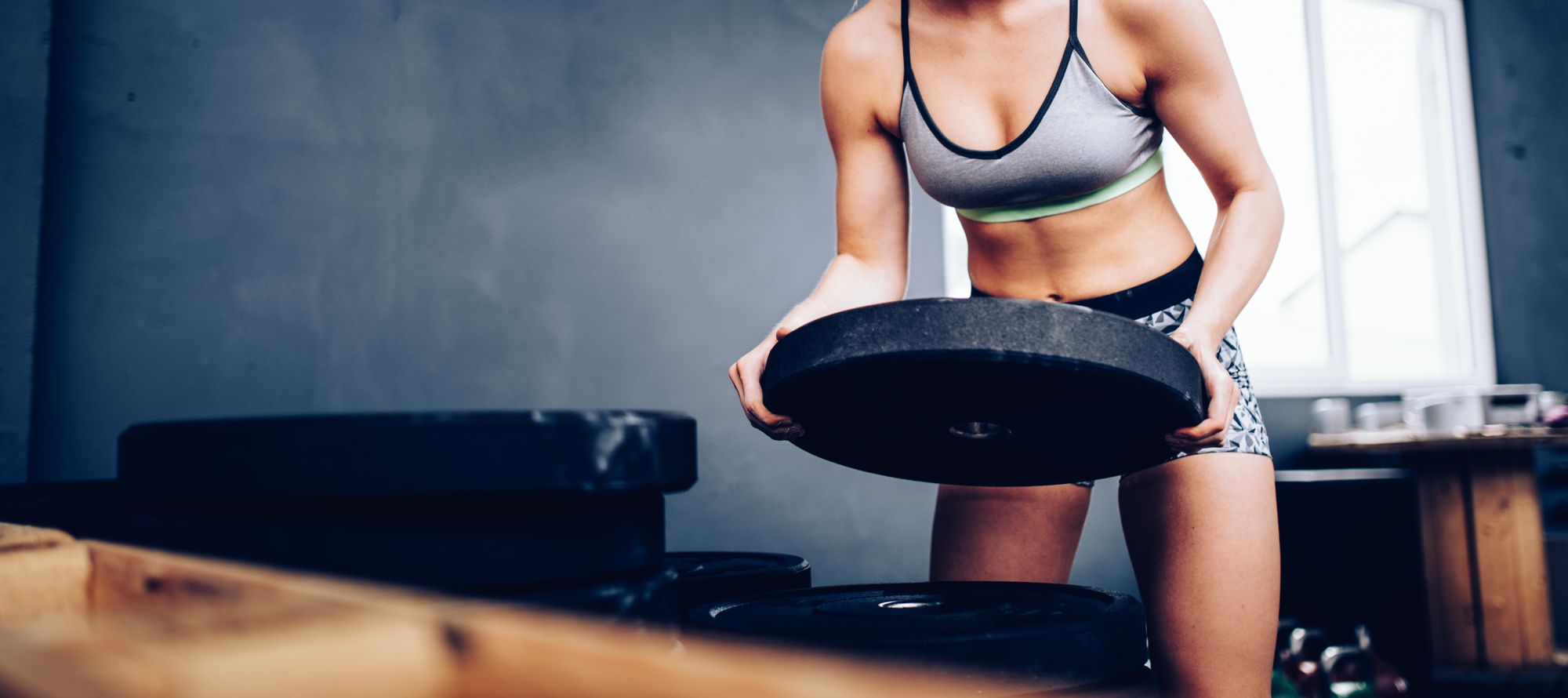4 Cold Shower Benefits, Debunked (Don’t Waste Your Time)
Cold shower benefits. Apparently, there are lots — from improved immune defences to muscle recovery. But research says: don't get your hopes up.

Cold showers are trending.
So, at this point, you’ve probably had it up to this point (*gently taps your throat*) from hearing all about the supposedly "magical" benefits of a cold shower — increased resilience, lowered disease-causing inflammation, and seriously jacked-up metabolism.
And, chances are, you’re also likely thinking, "A few minutes of chattering teeth in exchange for all those? Seems worth it.”
But before you turn your water alllll the way to the “Cold” side and/or overhaul your plumbing system and/or start making ice in bulk, a word of caution: research suggests cold showers fail to live up to their hype. 🥶
Talk about a splash of cold water.
Now, without further ado, let’s debunk the supposed benefits of taking a cold shower, starting with …
#1: Improves mood
Theoretically, cold water exposure could activate your sympathetic nervous system (i.e., "fight or flight") response, triggering the release of perk-up hormones, like noradrenaline, and feel-good neurotransmitters, like dopamine.
This is likely why people often feel “refreshed” and “relaxed” after a dip in cold water.
But do these physiological theories and anecdotal reports hold up under the scrutiny of research? TBH, there aren't many studies looking at the mood-enhancing benefits of cold showers, so the literature is limited.
What we do have, however, is this 2008 study published in Medical Hypothesis.
While the author concluded that taking cold showers — defined as 20 degrees Celsius for 2 to 3 minutes — once or twice daily for several weeks to several months may alleviate depressive symptoms, the truth is that the study is far from conclusive as it was based on:
2️⃣ Anecdotal reports (the researcher did not use standardized questionnaires, systematic records, or consistent methodology 🚩)
As if all that weren’t enough, the study also suffered from a fatal design flaw: the researcher didn’t randomly assign the participants to either an experimental (i.e., cold shower) or placebo group.
Meaning? A cause-and-effect relationship between cold showers and an improvement in depressive symptoms shouldn't and cannot be drawn.
That said, there have been other, smaller studies linking cold-water swimming and improved mood and well-being. Examples include this 2018 case study, 2020 study, and 2021 cross-sectional study.
But the keyword here is … swimming. 🏊
This means the participants immersed their entire bodies and likely spent >15 minutes in cold water — 2 unlikely scenarios when you're taking a cold shower.
#2: Speeds up muscle recovery
Your muscles are sore AF after a grueling workout session (thanks, DOMS!)
Can taking cold showers speed up your recovery process? Maybe.
According to a 2022 study published in Healthcare, participants assigned to the cold-water immersion (CWI) group reported improved pain than those assigned to the combined CWI + sports massage plus the control group on the second and third post-exercise days.
This finding aligns with a 2023 meta-analysis published in Frontiers in Physiology, which found CWI effective in reducing muscle soreness and accelerating fatigue recovery.
That said, it's worth being extra careful in drawing parallels between the recovery-boosting benefits of CWI and a cold shower.
As the name suggests, CWI often involves immersing the participants in cold water (typically 10 degrees Celsius) for 10 minutes. It's unlikely you'd do that in a cold shower — unless you used a bathtub, in which case, it wouldn't be a shower; it'd be a bath.
Also … it's worth asking yourself, a cold shower could speed up your recovery, but at what cost?
See: the “secret” to CWI’s ability to speed up post-workout recovery lies in its anti-inflammatory effect.
FYI, inflammation is crucial in stimulating muscle growth.
So, imagine what happens when you consistently take inflammation-lowering cold showers; that’s right: poorer long-term muscle growth rates, as evidenced by several studies. 🤦
By the way, here are the things you need to do to maximize muscle growth:




#3: Boosts metabolism and weight loss
Can cold showers "hack" your metabolism so you effortlessly burn more calories throughout the day?
At first glance, this 2015 study published in Cell Reports Medicine suggests that it might not all be wishful thinking on our part. More specifically, the researchers found that CWI increased calorie burning by up to 50% in well-trained athletes.
This meant the athletes' estimated daily calorie burn (i.e., TDEE) increased to 3,000 daily from 2,000 calories.
Imagine what you could do with those additional 1,000 calories.
Indulge in your favorite foods without worrying about busting your calorie budget? Achieve your weight loss goal quicker?
OK, it's time for you to return to reality.
Turns out, there are a few key things about the study’s design that’ll seriously limit the results’ applicability to cold shower’s benefits:
🔪 Assumed constant metabolic rate: The researchers took the participants’ metabolic rate when immersed in cold water and assumed that this would stay the same over the rest of the day when calculating their calorie burn. Unrealistic.
Given these, it’s safe to say that the researchers were likely overly optimistic about the weight-loss-boosting benefits of CWI.
And, if we’re talking about cold showers, the short duration and revised metabolic rate likely means you’d only burn an additional 5 to 20 calories daily. To put that into perspective, a small orange contains 45 calories. 💔
#4: Supports the immune system
And … the last of cold shower’s supposed benefits: shored-up immune defenses — true or false?
If you've been paying attention, you'd know the answer.
But wait. What about this oft-cited 2016 study published in PLoS One? Didn’t the researchers find that people who take cold showers are 29% less likely to call in sick for work or school? They did.
But they also found no significant differences in actual illness days.
Meaning? Evidence for cold shower’s immune-boosting benefits stands on pretty shaky grounds. Until more high-quality research is available, we just can’t say for sure.
Train without feeling miserable or running into recovery issues
Be honest. Why did you look into cold shower’s benefits in the first place?
Is it because you're trying to stay consistent with your training program — but can't seem to find the "right mood" to stay motivated or recover fast enough between workout sessions?
Well, the bad news is that cold showers won’t help (as established in this article).
Good news? We have something that can: GymStreak, the smart, AI-powered workout planner that'll tailor a workout routine according to the "best practices" of training programming, along with your unique fitness goals. You can also track your sessions and progress over time so you stay motivated.
Sweet, sweet bonus: it helps with nutrition, too.
Check it out here:
Workout Programming + Nutrition Tracking, Off Your Hands
*sigh of relief* We'll guide you through it all — step-by-step. Just download the app, and you'll be making progress toward your dream body like never before.
References
Angelopoulos, Pavlos, et al. “Cold-Water Immersion and Sports Massage Can Improve Pain Sensation but Not Functionality in Athletes with Delayed Onset Muscle Soreness.” Healthcare (Basel, Switzerland), vol. 10, no. 12, Dec. 2022, p. 2449. PubMed, https://doi.org/10.3390/healthcare10122449.
Buijze, Geert A., et al. “The Effect of Cold Showering on Health and Work: A Randomized Controlled Trial.” PLoS ONE, vol. 11, no. 9, Sept. 2016, p. e0161749. PubMed Central, https://doi.org/10.1371/journal.pone.0161749.
Demori, Ilaria, et al. “Effects of Winter Sea Bathing on Psychoneuroendocrinoimmunological Parameters.” EXPLORE, vol. 17, no. 2, Mar. 2021, pp. 122–26. ScienceDirect, https://doi.org/10.1016/j.explore.2020.02.004.
Fyfe, Jackson J., et al. “Cold Water Immersion Attenuates Anabolic Signaling and Skeletal Muscle Fiber Hypertrophy, but Not Strength Gain, Following Whole-Body Resistance Training.” Journal of Applied Physiology (Bethesda, Md.: 1985), vol. 127, no. 5, Nov. 2019, pp. 1403–18. PubMed, https://doi.org/10.1152/japplphysiol.00127.2019.
Leppäluoto, J., et al. “Effects of Long-Term Whole-Body Cold Exposures on Plasma Concentrations of ACTH, Beta-Endorphin, Cortisol, Catecholamines and Cytokines in Healthy Females.” Scandinavian Journal of Clinical and Laboratory Investigation, vol. 68, no. 2, 2008, pp. 145–53. PubMed, https://doi.org/10.1080/00365510701516350.
Massey, Heather, et al. “Mood and Well-Being of Novice Open Water Swimmers and Controls during an Introductory Outdoor Swimming Programme: A Feasibility Study.” Lifestyle Medicine, vol. 1, no. 2, 2020, p. e12. Wiley Online Library, https://doi.org/10.1002/lim2.12.
Shevchuk, Nikolai A. “Adapted Cold Shower as a Potential Treatment for Depression.” Medical Hypotheses, vol. 70, no. 5, Jan. 2008, pp. 995–1001. ScienceDirect, https://doi.org/10.1016/j.mehy.2007.04.052.
Søberg, Susanna, et al. “Altered Brown Fat Thermoregulation and Enhanced Cold-Induced Thermogenesis in Young, Healthy, Winter-Swimming Men.” Cell Reports Medicine, vol. 2, no. 10, Oct. 2021, p. 100408. PubMed Central, https://doi.org/10.1016/j.xcrm.2021.100408.
Srámek, P., et al. “Human Physiological Responses to Immersion into Water of Different Temperatures.” European Journal of Applied Physiology, vol. 81, no. 5, Mar. 2000, pp. 436–42. PubMed, https://doi.org/10.1007/s004210050065.
van Tulleken, Christoffer, et al. “Open Water Swimming as a Treatment for Major Depressive Disorder.” BMJ Case Reports, vol. 2018, Aug. 2018, pp. bcr2018225007, bcr-2018–225007. PubMed, https://doi.org/10.1136/bcr-2018-225007.
Xiao, Feiyan, et al. “Effects of Cold Water Immersion after Exercise on Fatigue Recovery and Exercise Performance--Meta Analysis.” Frontiers in Physiology, vol. 14, 2023. Frontiers, https://www.frontiersin.org/articles/10.3389/fphys.2023.1006512.


